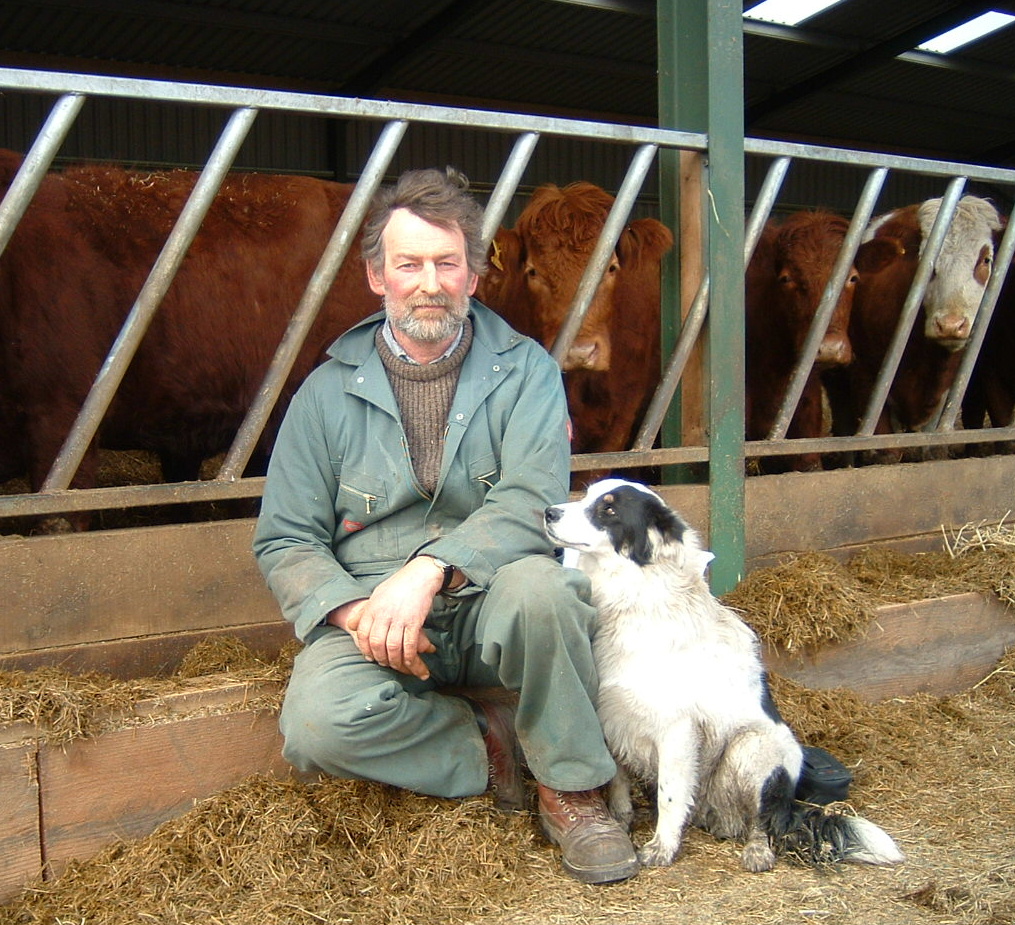Mar 29 2014
2014 – International Year of the Family Farm
2014 – International Year of the Family Farm
Published in Press and Journal 29th March 2014
Angus McCall
Last December the UN General Assembly designated 2014 as the International Year of the Family Farm. This has gone virtually unnoticed in Scotland although family farms are seen globally as the bedrock of sustainable agriculture, vital to food security and the environment. Their value isn’t limited to small landholders in developing countries, they are equally important in larger scale farming systems such as in Scotland. EU Commissioner Dacian Ciolos has attached huge importance to family farming in CAP reforms so maybe it is now time to move this topic up the Scottish political agenda?
Family farms come in all shapes and sizes. Some develop into large-scale agri-businesses which may be viewed as an inevitable consequence of the market place as producers strive towards greater efficiency with economies of scale. However, is bigger better? The agricultural sector is becoming increasingly dominated by a few very large players and we only need to look to the consequences of supermarket monopolies and domination to decide if this is always desirable.
Accelerating land and rental values have made land unaffordable to all but very large businesses. Although the pressure on smaller family farms doesn’t get much media attention, the family farm is used to stimulate the public’s interest in farming and food production making programmes more folksy and interesting for general consumption. BBC’s popular “Lambing Live” currently has viewers tuning in nightly to get a glimpse of the trials, tribulations and triumphs of the lambing shed on several family farms throughout Scotland. We step into the everyday lives of these families where continuity and succession is fundamental to their small businesses which successfully contribute to the wider economy and community life of the Scottish countryside.
However the desire to pass on small family businesses isn’t exclusive to owner occupied farms. Many tenanted livestock farms in Scotland have been in the same family for many generations and these tenant farmers would also like their successors to follow in their footsteps inheriting their farms and skills and knowledge which have been honed over many generations. Government statistics reveal that the number of tenanted family farms in Scotland continues to diminish at the alarming rate of around a 100 farms being lost annually to the sector. So just what is happening to those farms, farmhouses and businesses? Is the role of the family farm in danger of being overlooked in Scotland?
Whilst this uncomfortable aspect of family farming may be too hot a political potato for the media, it is not going to go away until it’s acknowledged and addressed. Both land reform and farm tenancies are currently in the spotlight with review reports due later this year. The Scottish government is looking at ways of stimulating the sector and encouraging new entrants. Accessibility and long-term security of tenure of land have to be main objectives for any sustainable future of the tenancy system
2014, the International year of the Family Farm has never looked like a better time to re-evaluate the role of the tenanted family farm in Scotland and realise the full potential of this very neglected sector of our rural and national economy.
28th March 2014
